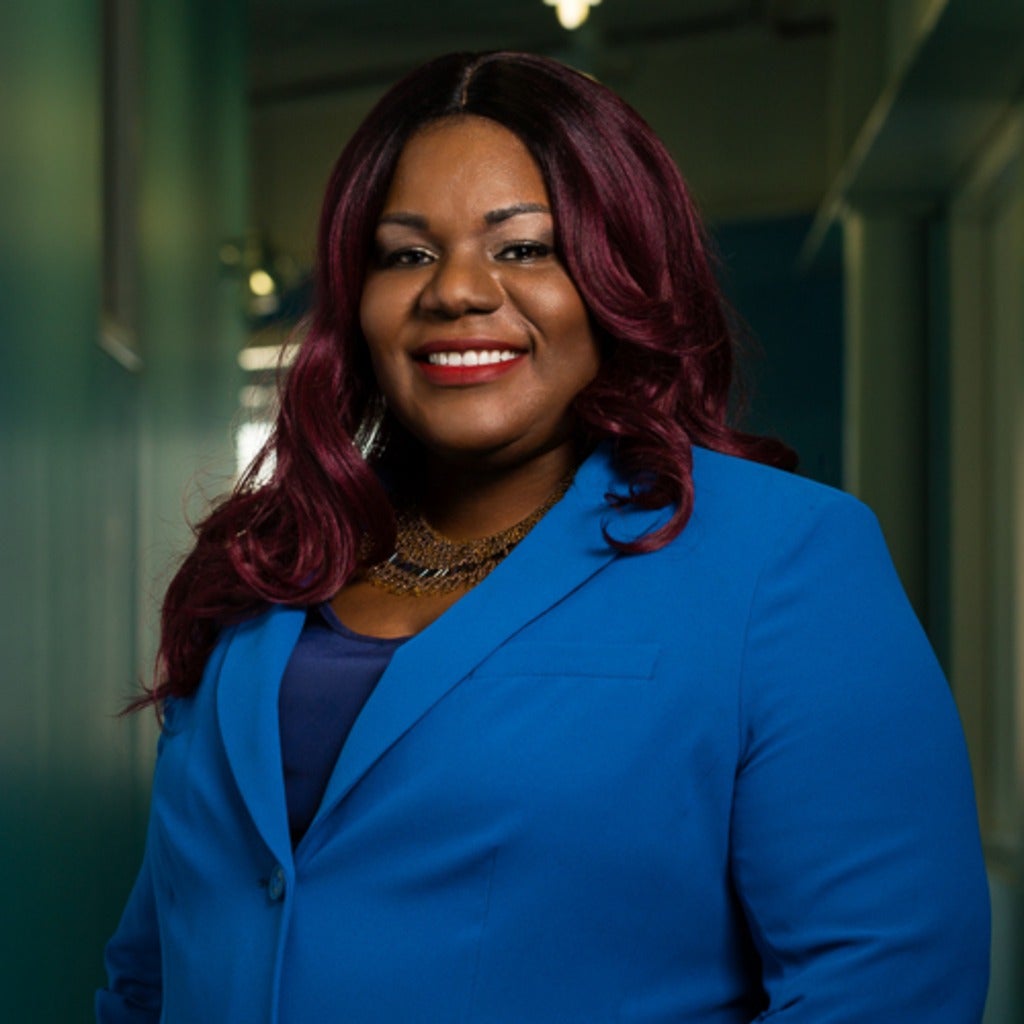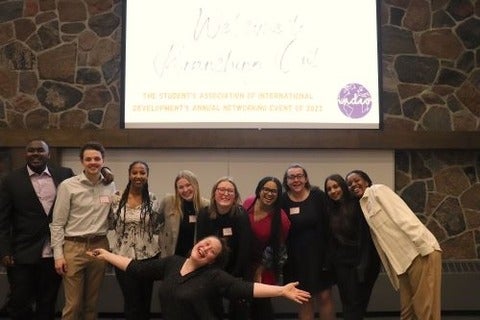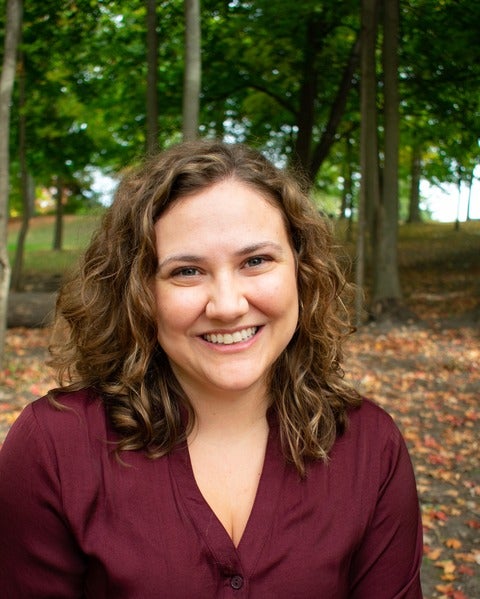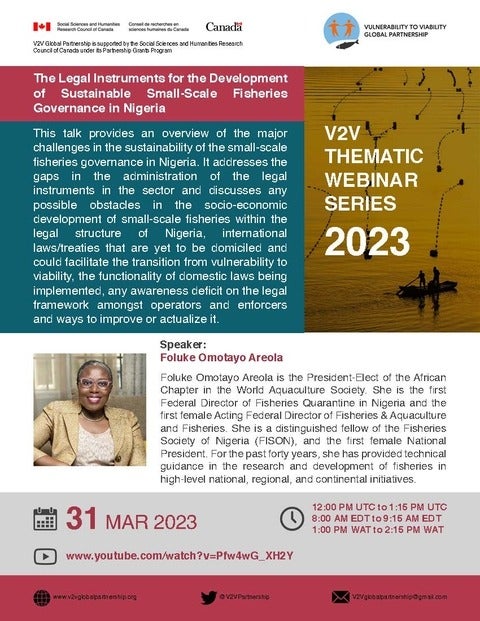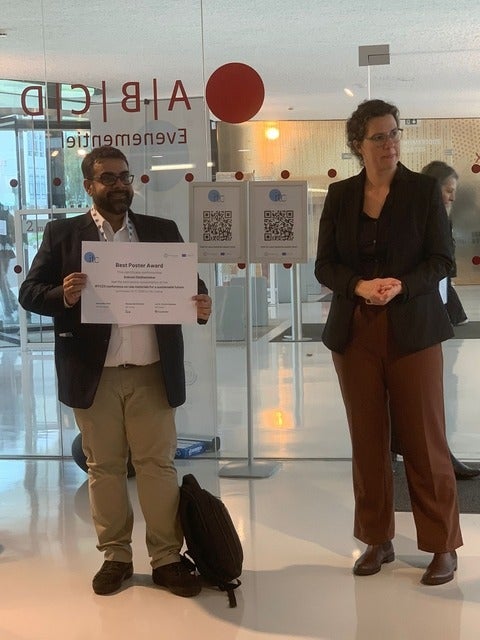Equality for all is a fundamental component of sustainability
As a full-time employee, mature part-time student and mother of three, Tracelyn Cornelius often questions whether her decision to embark on PhD studies was a wise one. Reflecting on the numerous nights and weekends dedicated to reading, completing assignments, and participating in study groups, she wonders, “Is the commitment of time and energy really worth it?" Tracelyn got the answer to these questions at the special ceremony held for 2020 and 2021 graduates during 2022 Spring Convocation, when, as she crossed the stage, amidst the applause, she heard shouts of “Go Mommy” from her three children, who were in the audience. It was then that she knew, without a doubt, that her rigorous schedule and demanding workload were indeed worth it. As a member of Professor Amelia Clarke’s research team in the program in the School of Environment, Enterprise and Development (SEED), she is part of a team building community working with local municipalities to implement community sustainability and climate plans. Fortunately, her research focus, which involves embedding equity, diversity and inclusion into the tools and resources used for knowledge mobilization, complements the work she does for the University. Written by Tracelyn Cornelius. This is an excerpt from an article originally published in Waterloo Magazine.
